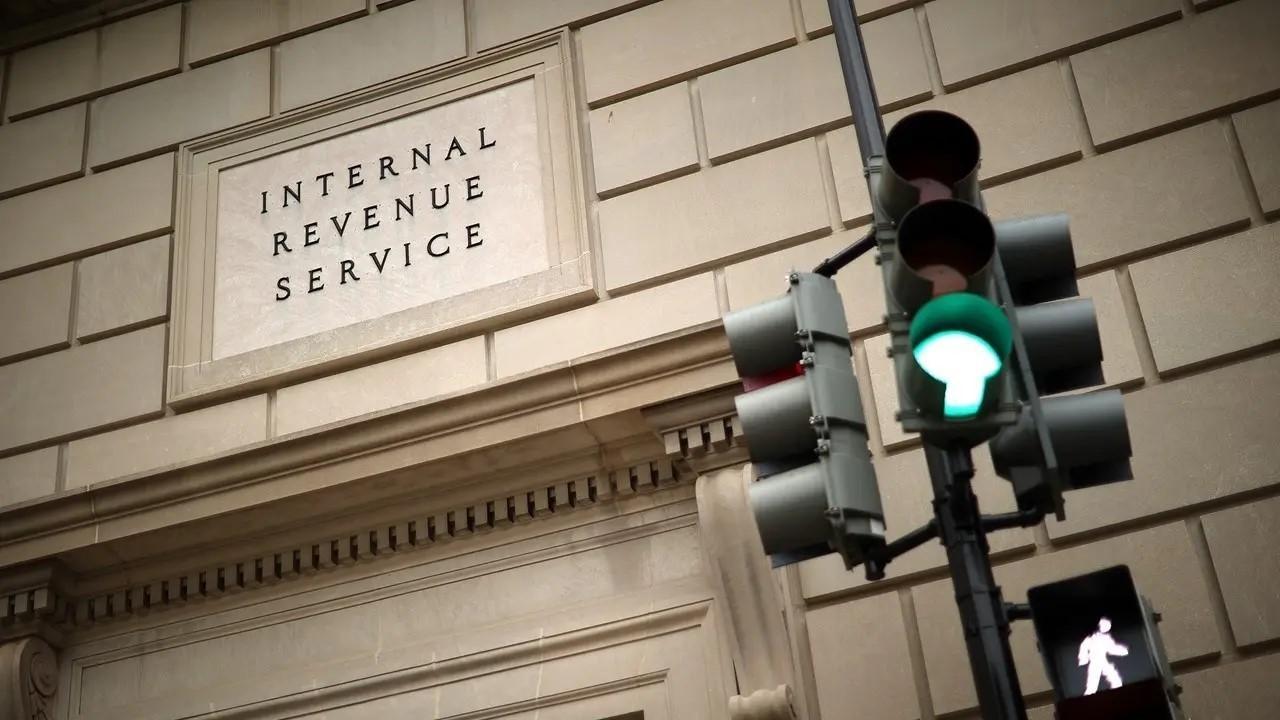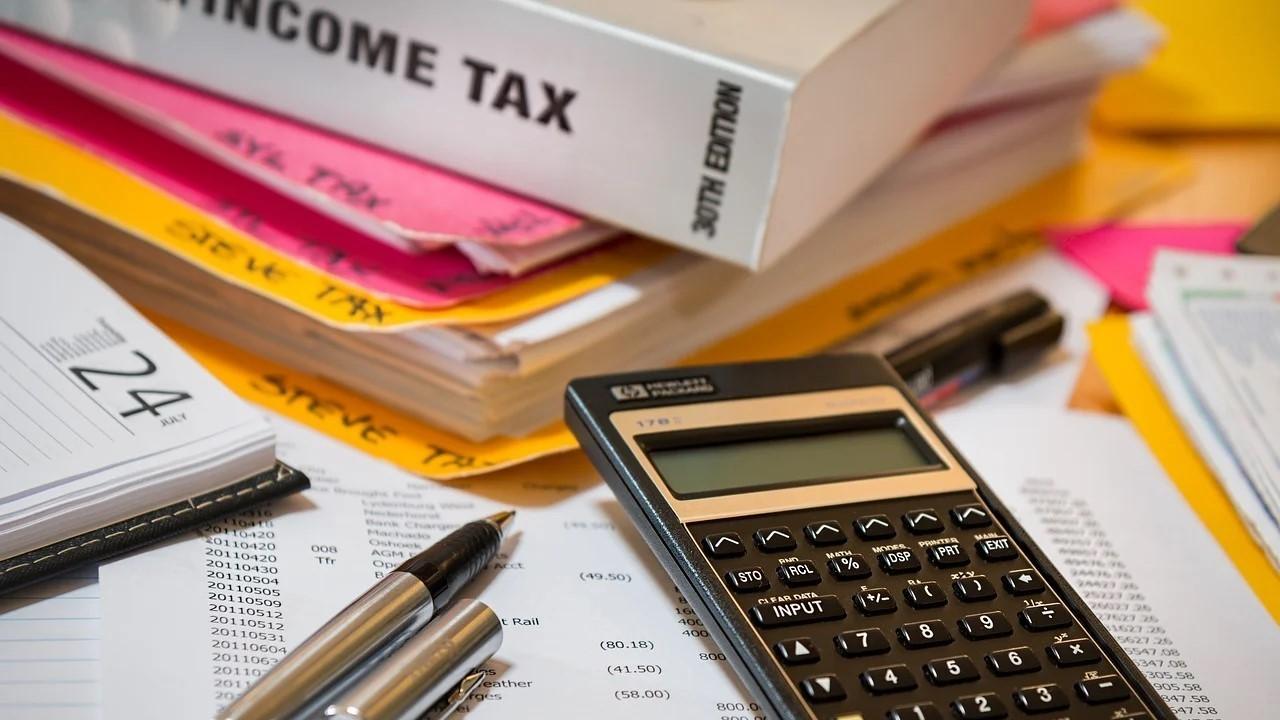When Can I Start Filing Taxes for 2021? IRS Delays Might Continue
When can I start filing taxes for 2021? The IRS has had significant delays in processing tax returns, but tax season usually starts around February of the following year.
Sept. 1 2021, Published 1:56 p.m. ET

While many Americans were relieved about the extensions for filing federal taxes on 2020 income, others have been frustrated by the number of delays and other issues with the IRS and tax returns.
The deadline to file 2020 tax returns was May 17, 2021, instead of the usual filing deadline of April 15. This applied to federal returns as well as most state tax returns. People also had the option to file for an extension if necessary. Someone who wants to get a head start on tax season can look at the past dates for guidance.
Typical tax filing deadlines
If you file your taxes by calendar year, meaning your tax year ends on Dec. 31, your federal tax filing deadline is usually April 15 of the following calendar year. In instances where April 15 falls on a weekend or legal holiday, the deadline to file taxes moves to the next business day.

By the end of January or beginning of February, employers are usually required to provide W-2 statements to their employees, which are necessary to file tax returns. In 2021, the deadline for this was Feb. 1.
In January of each year, the IRS announces the date when people can start filing their tax returns. For example, in 2021, it announced on Jan. 15 that tax filing season would start on February 12, 2021. That was the earliest date that anyone could file for the IRS to accept and process their returns.
Since people are still waiting for their tax returns to process and many are also waiting for their advance child tax credit payments, it seems possible that more delays for the 2021 tax year will occur when 2022 rolls around. The IRS likely won’t announce the start of tax filing season until sometime early in 2022.

Why tax returns have been delayed
An unusual number of tax filers are reporting delays in their federal income tax returns this year due to some of the usual reasons:
- Your tax return included errors and you had to file an amended return.
- Your tax return wasn't complete.
- There was a suspicion of identity theft or fraud related to your tax return.
- You filed for the earned income tax credit.
- You filed for an additional child tax credit.
- Your tax return is flagged for further review.
- Your return included Form 8379 (injured spouse allocation), which takes longer to process.
Besides these clerical errors and other typical causes, the COVID-19 pandemic is partially to blame for the slower processing of federal tax returns. The IRS had to run on restricted capacity throughout most of 2020 due to the pandemic. This naturally caused a backlog of unprocessed tax returns with many offices closed.
The pandemic also led to other IRS obligations that put a strain on its operations. There were three rounds of economic stimulus payments that had to be issued. The IRS also experienced delays due to complications with paper returns, people without direct deposit information on file, and the need to adjust to new tax laws.
